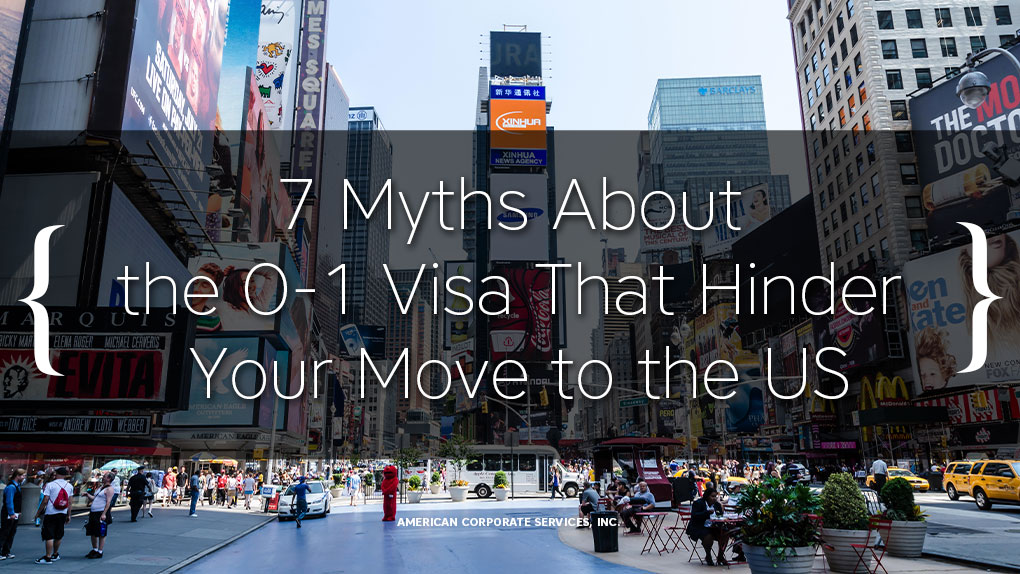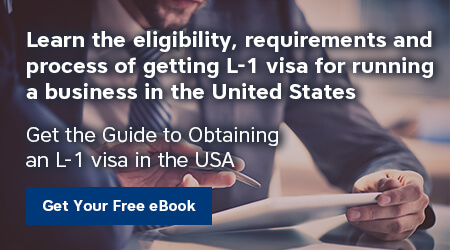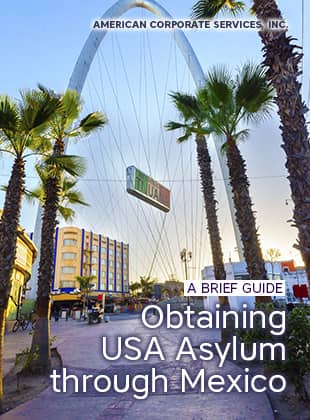Practically everyone knows of or at least has heard about people who moved to the US on a talent visa. Despite the fact that the O-1 visa is well-known, very few people seize this opportunity, believing it is for exceptional individuals only. In reality, the requirements for obtaining a talent visa are quite achievable for anyone who is a successful professional in a given field. Here are 7 common myths that unfairly create an aura of inaccessibility around the O-1 visa.
MYTH #1: The talent visa is only for globally renowned and famous individuals
Sometimes one’s initial acquaintance with this visa can be discouraging. Examples include Olympic medalists, Nobel Prize laureates, and internationally acclaimed scientists. In fact, the criteria are much broader.
In fact, this visa is intended for those with outstanding abilities or significant achievements in science, art, education, business, sports, film, and the television industry. Moreover, fields where an applicant can showcase their talent is limitless, ranging from computer network administration to designing toys. Of note, the level of fame can vary.
Therefore, musicians, artists, programmers, designers, sports coaches, journalists, and many other professionals who have excelled in their respective fields have every reason to apply for a talent visa. The key is to excel in a field far better than other specialists.
A set of criteria has been established to demonstrate that such achievements are officially recognized and can be confirmed. This can be demonstrated through national and international awards, authorship in expert and scientific publications, jury membership, professional associations, or by other means.

MYTH #2: A higher education degree is required for the O-1 visa
This visa category does not impose an education requirement. However, having a higher education degree, especially a postgraduate degree (Candidate of Sciences or Doctor of Sciences), can be useful qualification evidence for the applicant.
Moreover, O-1 visa holders have the opportunity to pursue their education in the United States, either in their existing specialty or in a different field.
It's worth noting that there are no conditions regarding minimum work experience in the specific field in which the applicant wishes to demonstrate their extraordinary achievement or ability.
Therefore, neither education nor work experience are obstacles to obtaining the visa.
MYTH #3: Some nationalities are not eligible for the talent visa
There is no direct prohibition against filing a petition for an O-1 visa based on a person's nationality or citizenship. That is, the applicant's nationality and citizenship are not grounds for refusing an O-1 visa.
However, applicants from certain countries may require additional checks or documents in accordance with US immigration rules and policies. Bee prepared for possible delays in the process and to familiarize yourself with all requirements and rules for the citizens of one's own country.
MYTH #4: The US issues visas to a limited number of talented individuals
In reality, the United States Citizenship and Immigration Services (USCIS) does not set quotas for O-1 visas (unlike other popular types of work visas, such as H-1B).
Regarding talent visas, the immigration policy is quite lenient. The number of visas issued each year is limited only by the number of applicants who meet the established criteria.

MYTH #5: No US employer, no visa
There is some truth to this contingency statement. Indeed, as a rule, filing a petition for an O-1 visa is not possible without a US employer - either an American company or agent. The employer actually files the I-129 petition.
However, even if you cannot find an employer in the US, you can establish your own company, which can later employ you. Note that this approach carries an increased risk of petition denial. Therefore, in such cases, it is necessary to seek competent guidance from an immigration specialist at every stage, from company registration to obtaining a decision from the immigration service on the filed petition.
MYTH #6: The employer must demonstrate a high salary for the O-1 visa applicant
US immigration law does not establish specific salary thresholds that an American company must pay to a specialist, claiming extraordinary achievements, who is eligible for an O-1 visa. Therefore, the salary level is open and determined by mutual agreement.
MYTH #7: Petition processing times for the O-1 visa are lengthy
This misconception likely arises from the complexity, labor-intensive nature, and duration of gathering evidence to substantiate the applicant's outstanding achievement and talent. In reality, the processing times for talent visa petitions are much shorter than for other US visas. Usually, the Immigration Service takes a couple of months; plus, there is an option for expedited processing within 15 days.
It remains to consider that the petition cannot be filed earlier than 6 months before the start of employment with the American company.
If you have any questions or doubts regarding the possibility of obtaining a talent visa, seek advice from an immigration attorney. They will help you realistically assess your chances and choose the right strategy for relocating to the US.
It is wise to rely on the extensive experience of an Immigration Attorney, and not trust rumors. Doing it the right way means that living in the United States can become a reality.















